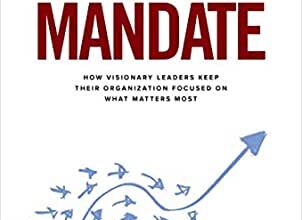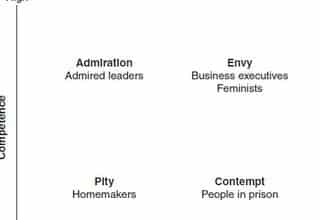You getting Super Bowl fever? As a perpetual supporter of the underdog (unless my Steelers are playing), I’ve been reading about Atlanta Falcon’s owner Arthur Blank. Even if you aren’t into football, you will appreciate that before purchasing the Falcons in 2002, Blank was co-founder of The Home Depot.
It may seem commonplace today, but when it was first introduced The Home Depot revolutionized the home improvement business with its one-stop shopping, warehouse concept. Blank then spent 19 years as its president before becoming CEO and co-chairman.
In learning about Blank, an interview last week exhibits one particularly admirable aspect of his leadership philosophy that gives strong hints as to why he has been as successful as he is. After the Falcons won their spot in the Super Bowl, Blank announced that he is flying all 500 Falcon employees to Houston for the game. When asked, “How big is that bill?” he responded:
It’s not about money. It’s about these associates, who were the ones that support our players, our coaches and our franchise… We are a family of businesses that share a set of values and we want to be able to celebrate this with everybody. All the Falcons associates are going because they’re all a part of what it takes to produce a winning team on the field.
This is motivating to the staff on two fronts. Monetarily, they are each receiving a one-in-a-lifetime experience that is far beyond most people’s budgets—between the flight, a ticket to the game (pricing starts at $3,500 per seat), hotel, and food it could easily cost $8,000 per employee.
More impactful, however, is the message of shared success that Blank is conveying. If the team does well, we all do well. These team-based incentives reinforce a company culture of collaboration and cooperation. As a result, team members are more likely to prioritize the shared goals and values of the organization over their personal agendas.
Not convinced? A 2010 study found that employees receiving team-based incentives are more willing to put extra effort into their tasks because they don’t want to let their teammates down. Armstrong and Ryden’s research found that companies with long-term, team-based incentive pay resulted in significantly lower than average employee turnover. And another study found productivity increases of 9-17% relative to companies with individual incentives.
If team-based incentives sound costly (and you aren’t able to send your team to the Super Bowl), don’t worry. Research shows that team-incentive schemes are 26-29% more cost effective than individual incentives. I’m no economists, but spending less and getting more for your money sounds like a competitive advantage.
As leaders, we need to make shared success a part of our culture. Impart the attitude that “we’re all in this together.” Make it a regular part of your communication and back it up with tangible incentives and rewards. The quicker you start, the quicker you’ll be on your way to your national championship.








